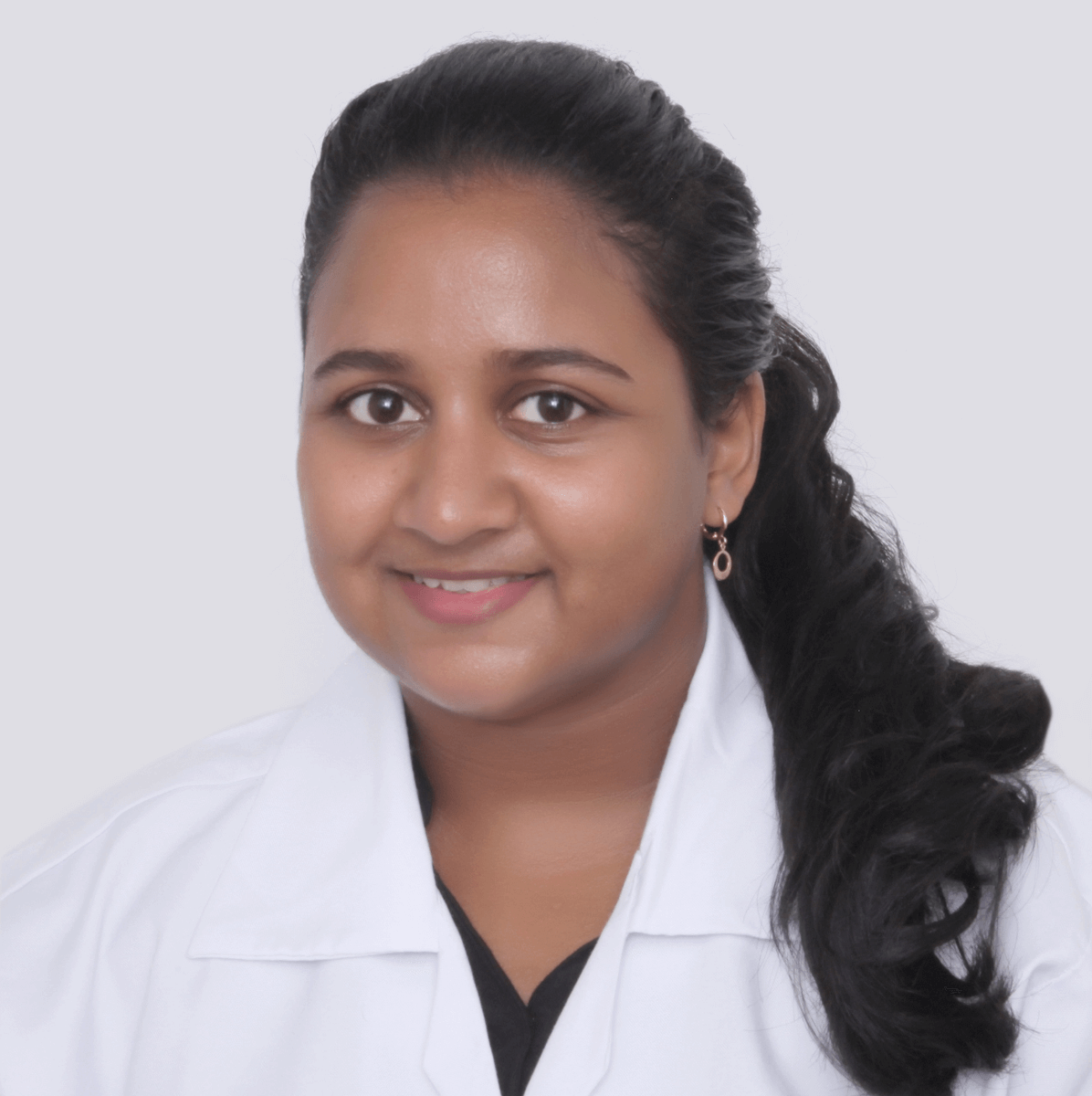Choosing the right PhD program is an important decision that should be based on your interests, passions, and long-term career aspirations. I’m writing as a passionate biologist and PhDer in the biological sciences, which has allowed me to gain hands-on skills through experiments, analysing data and writing scientific papers. As a researcher, you will work closely with a supervisor to develop the research theme or idea of that particular lab.
So, let’s break down the process of applying for a PhD in the sciences.
Step 1: Identify your field of interest
The first step is to identify your interests and goals. What are you passionate about? What do you want to achieve with your PhD? What keeps alive the fire burning inside you? What makes you excited when you hear about it? Is there a lab researching in this area who you could learn from? – These are some questions to help you figure out your topics of interest.
Otherwise, the next best step is to do a process of elimination. This often works better, as we as humans readily know what we do not like. Biology is a huge umbrella that encompasses molecular biology, immunology, genetics, cell biology, cancer, neuroscience, and many more. Certain topics and subtopics in biology might just not attract you or even excite you at the least. THIS IS TOTALLY OKAY. Use this as a process of elimination to rule out what topics are not for you.
I would definitely recommend exploring different domains in your field of interest by doing internships and research projects. Assisting senior researchers on a review paper will also give you experience in writing and analyzing.
Once you have a good understanding of your interests and goals, you can start to narrow down your choices of what your PhD will focus on.
Step 2: Research different programs – and countries!
There are numerous different PhD programs available in biological science. It is important to research different programs to find one that is a good fit for you. This step is a long one because there is simply so much to consider!
When researching programs, consider the following factors:
• The program’s research focus – Does it align with your interests?
• The program’s faculty – How open are they to collaboration?
• The program’s facilities – Do they conduct weekly meetings? What types of equipment are available in the lab?
• The program’s funding opportunities – You definitely want to be receiving a monthly allowance at the PhD level, but at the same time try to enquire about the lab’s funding in terms of equipment, chemicals and conference allowance.
• The program’s location/country – How adjustable are you to the climate, and if you are an international student, then how far away from home do you want to be?
Know the differences between PhDs in the USA, Europe and Australia:
i. As a PhD is a long-term commitment, you should enquire about the duration of the program so that you can plan this part of your life. Typically, PhD programs in the USA take 5–7 years, and a Master’s is not always a mandatory requirement and is somewhat included in your PhD. Whereas in Europe, India and Australia, a Master’s degree is usually a requirement before proceeding to a PhD. In Europe, a PhD could take you 3-5 years to complete.
ii. The PhD programs in the USA typically require more coursework than programs in Europe and Australia. Students in the USA are required to take a variety of courses in their field of study, as well as courses in other areas, such as research methods and teaching. Students in Europe typically only take a few required courses/ workshops/ guest lectures, and they are free to focus on their research almost immediately.
iii. In the USA and India, students are typically required to complete a comprehensive exam before they begin their research. In Europe, students do not have to complete a comprehensive exam before they begin their research. Instead, they work closely with their supervisor to begin their research topic and dive into experiments.
Know the differences between wet labs and dry labs
The PhD programs in science can be divided into 2 sections: Wet labs and dry labs.
i. In a wet lab, you will be doing experiments in the laboratory using chemicals and biological samples. Some examples of the wet lab include cell culture, DNA/RNA extraction, PCR, western blotting, and usage of model organisms, cells or tissues. Wet lab work can be hazardous and time-consuming in my view, but fun at the same time.
ii. A dry lab often requires data analysis, data mining, model building and bioinformatic analysis (genomics, transcriptomics, metabolomics, proteomics). Some skills that are required for dry lab research include programming skills, statistical skills, problem-solving and software knowledge. Dry labs are more flexible as they can be used to study a wide range of biological phenomena.
Step 3: Contact the program coordinators/Lab Manager
Once you have identified a few programs that you are interested in, contact the programs to learn more.
When contacting programs, be sure to ask about the following:
• The program’s application process – required documents needed for the application, Cover Letter/SOP/Motivational Letter, IELTS/TOEFL, GRE, Visa requirements, Bank statement eligibility
• The program’s admission requirements – Does it require a Master’s Degree? Can you go directly from a BSc into a PhD?
Note: Do be sure to read the department webpages thoroughly to ensure you aren’t asking for information that is already readily available.
Step 4: Apply to programs
Once you have gathered all of the information you need, you can start to apply to programs. Some applications are through an online portal, and others are through emailing the supervisors.
When applying to programs, be sure to submit your application materials on time. Be sure to get feedback from fellow researchers and mentors and proofread your application materials carefully before submitting them.
Step 5: Prepare for interviews
If you are invited to an interview, be sure to prepare thoroughly. Practice answering common interview questions. Dress professionally for your interview. You can ask people to conduct mock interviews with you, which will give you an idea and help ease your nerves as well. Most importantly, remember to be yourself during the interview. This interview session is essential to determining compatibility in terms of bonding and mentoring styles.
Step 6: Wait for decisions
To be honest, this is probably the hardest part. Patience will be your best friend. This waiting period is nerve-wracking and comes with a flood of emotions attached to it. THIS IS ALL NORMAL. You will feel excitement, anticipation, anxiety, fear, worry and nervousness. It is important to remember that you are not alone in this experience. After you have submitted your applications, you will need to wait for decisions from the programs you applied to.
The decision process can take several weeks or even months. Be patient and stay positive.
Here are some strategies that I would recommend first-hand. Staying positive is super difficult when you are sending applications. Try to find an “application partner” – someone who will also be sending applications and also going through the same things that you will be feeling. In that way, you can both motivate and encourage one another. Focus on things that you can control, like advancing your publications and research & instrumentation knowledge. I would highly recommend keeping yourself active with a sport or hobby on the side.
Step 7: Choose a program
The moment every prospective researcher waits for after opening their email numerously every day! Once you have received decisions from the programs you applied to, you will need to choose a program of choice. When choosing a program, be sure to consider your interests, goals, and financial situation.
ACCEPT.
Choosing a PhD program in science is a big decision. However, by following the steps in this article, you can make the process more successful and easier for yourself. If you are applying to PhD programs in the domain of biological sciences and need guidance or mentoring – you may contact me through any of my social media handles (Twitter: @mikaila_chetty_) and other platforms listed in my researcher bio.




